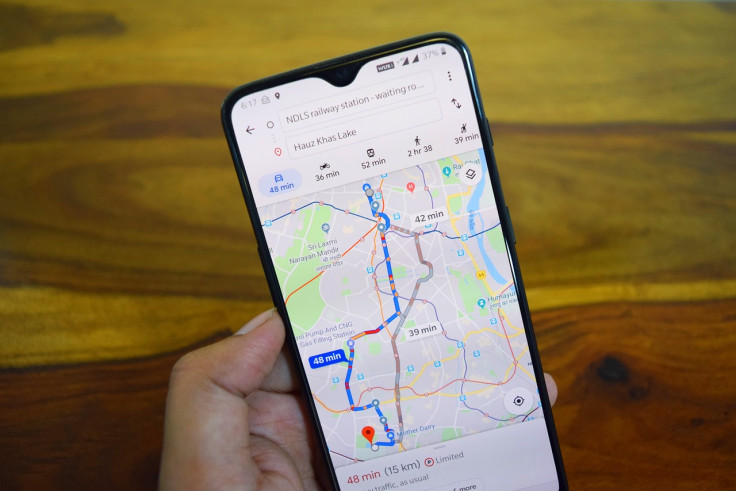Japanese Doctors Sue Google Maps for Negative Reviews In Groundbreaking Lawsuit
Lawyer Nakazawa argues Google shouldn't escape blame for unfair reviews

On Thursday, 63 Japanese doctors filed a lawsuit against Google in the Tokyo District Court, seeking ¥1.45 million (roughly £7,543) in compensation for alleged harm to their businesses caused by one-sided and hateful reviews on Google Maps.
The plaintiffs' lawyers argue this is the first lawsuit in Japan, possibly even the world, to target the platform itself rather than the individual reviewers.
Yuichi Nakazawa, a lawyer for the doctors, emphasised in a news conference that the lawsuit prioritises raising awareness about issues with Google Maps, not simply financial compensation for the negative reviews.
While seeking anonymity, the lead plaintiff clarified that the lawsuit doesn't aim to remove negative reviews from Google Maps.
First-of-its-Kind Lawsuit Targets Platform, Not Reviewers
The lawsuit stems from a nationwide group of doctors, dentists, and veterinary clinics who claim patients left them negative reviews, low ratings, and hateful comments on Google's web mapping platform.
The plaintiffs argue that these anonymous reviews are inherently one-sided, potentially creating a negative perception of their practices and discouraging potential patients, ultimately harming their businesses. Each doctor seeks ¥23,000 (about £119.25) in damages, bringing the total claim to ¥1.45 million (about £7518.25).
Patient confidentiality restricts the doctors from responding to these reviews, creating an unfair situation where medical practices are essentially "one-sided punching bags," according to the lead plaintiff.
Patient Confidentiality Creates Difficulty in Responding to Reviews
Unfair reviews, including slander, insults, and false claims of closure, have significantly hindered the operations of many medical institutions, stated the lead plaintiff, a doctor running a private practice in Tokyo.
This issue is not exclusive to doctors, but medical institutions face particular vulnerabilities within the Google Maps system. "Unlike other businesses, patients don't pay the majority of the treatment covered by the national health care system," the lead plaintiff said.
According to the lead plaintiff, this dynamic can lead to difficult situations. Doctors may have to decline unnecessary procedures or medications, potentially leading to negative reviews on Google Maps due to unmet patient expectations.
Frustrated by the lack of response from Google's Japan office (which apparently doesn't exist), the lead plaintiff resorted to legal action after failing to reach a productive resolution through internal channels.
Nakazawa warned that if this situation remains unresolved, doctors may become hesitant to decline medically unnecessary procedures or medications requested by patients firmly. This development, he argued, would ultimately be a disservice to society.
The lawsuit points out that Google Maps, a daily-life tool in Japan, should be able to identify and address situations where unfair reviews harm medical businesses. According to an AFP report (via JapanTimes), Google emphasised its ongoing efforts to reduce misleading and inaccurate content on Google Maps in response to the lawsuit.
"With a grouping of human operators and computers, we are protecting the profile of companies around the clock and removing unjust reviews", Google said.
Google enhances Maps in India with Lens and Live View, Now AI Powered features coming to google maps.
— Abhishek Bhatnagar (@abhishek) December 20, 2023
1. From Jan 2024 - Google Maps will introduce Lens in Maps across 15 Indian cities by January 2024
2. Live View Walking will be introduced in 15 cities, offering users a… pic.twitter.com/3S7CMNKK79
Despite Google's recent efforts to improve its mapping service, including the rollout of AI-powered features last year, the platform continues to face criticism and lawsuits. One such case involves a death lawsuit filed by a family whose loved one died following directions provided by Google Maps.
© Copyright IBTimes 2025. All rights reserved.






















